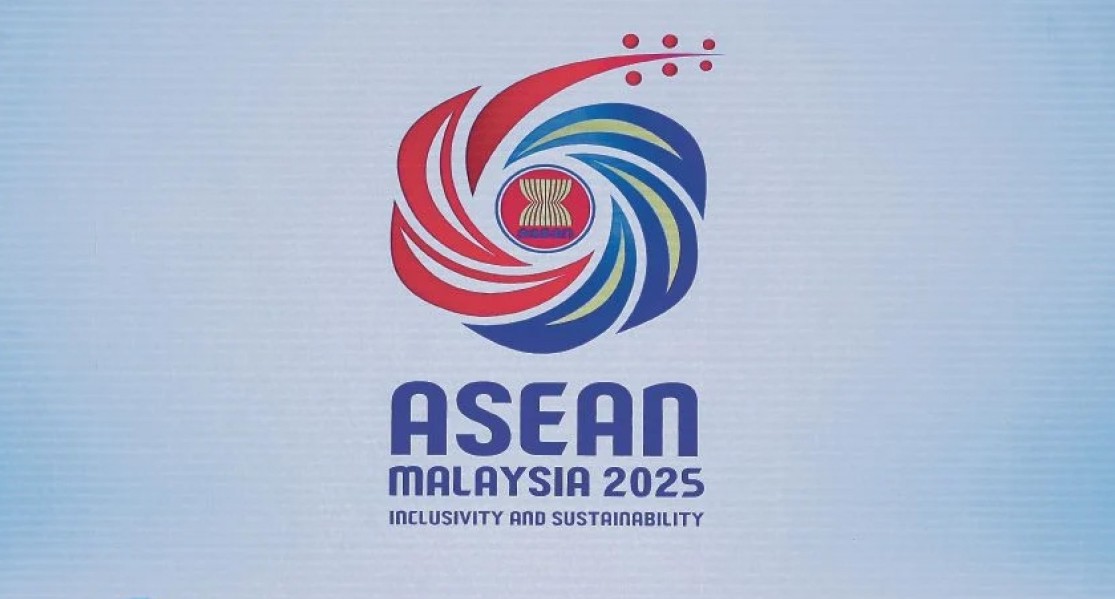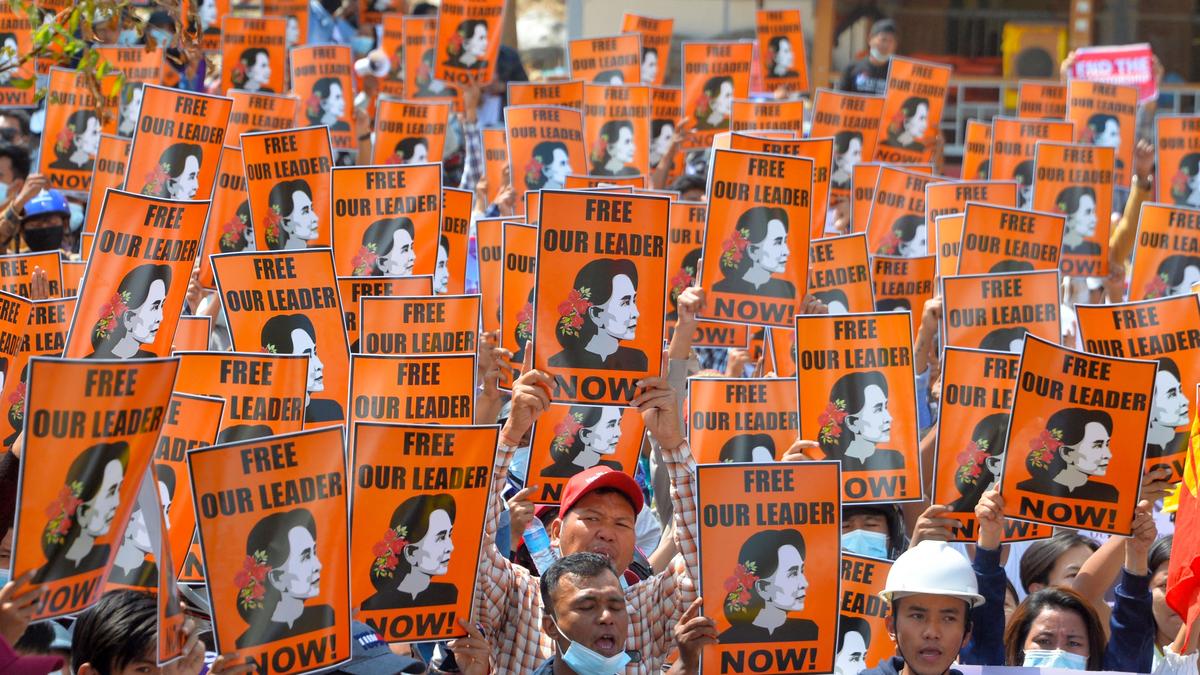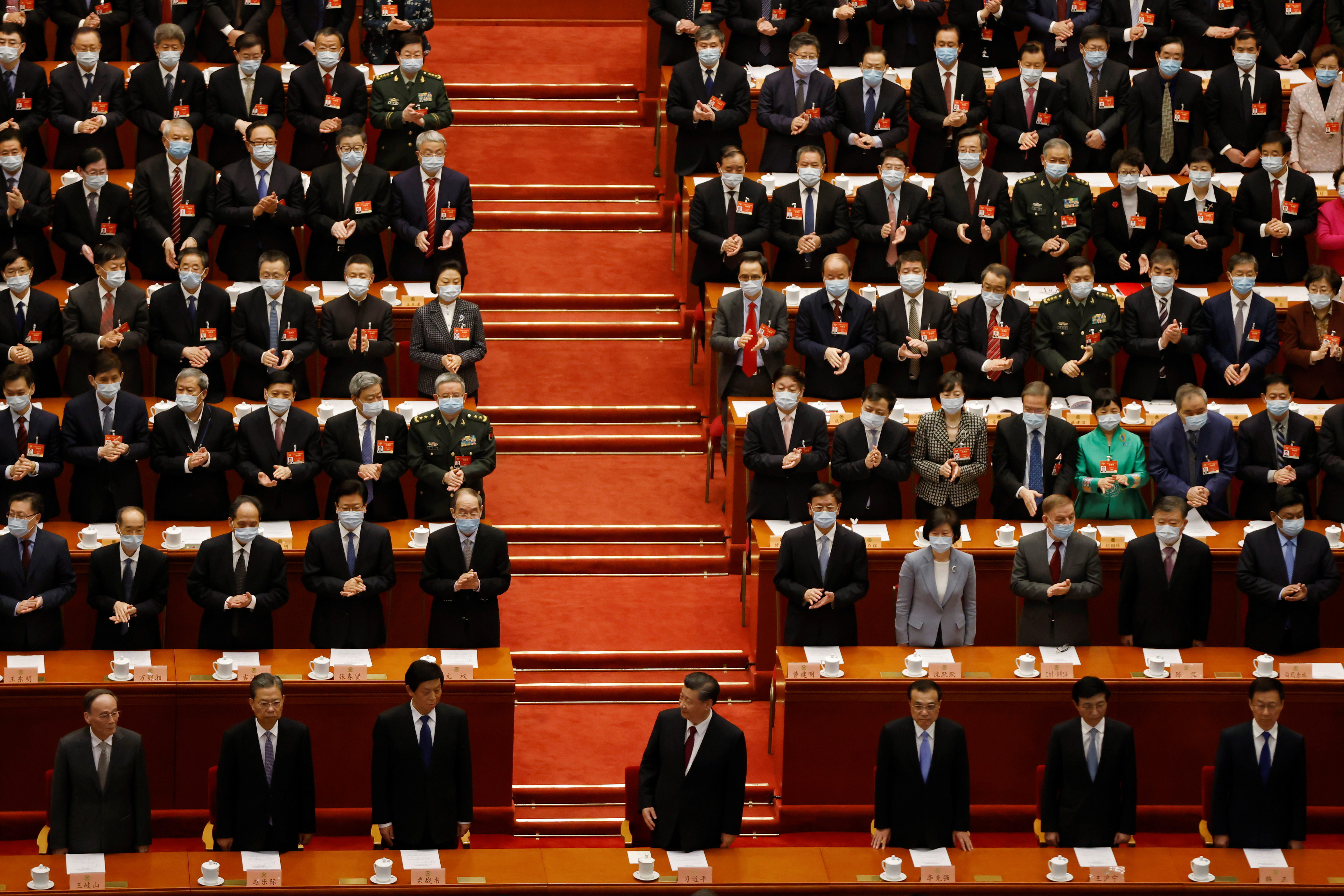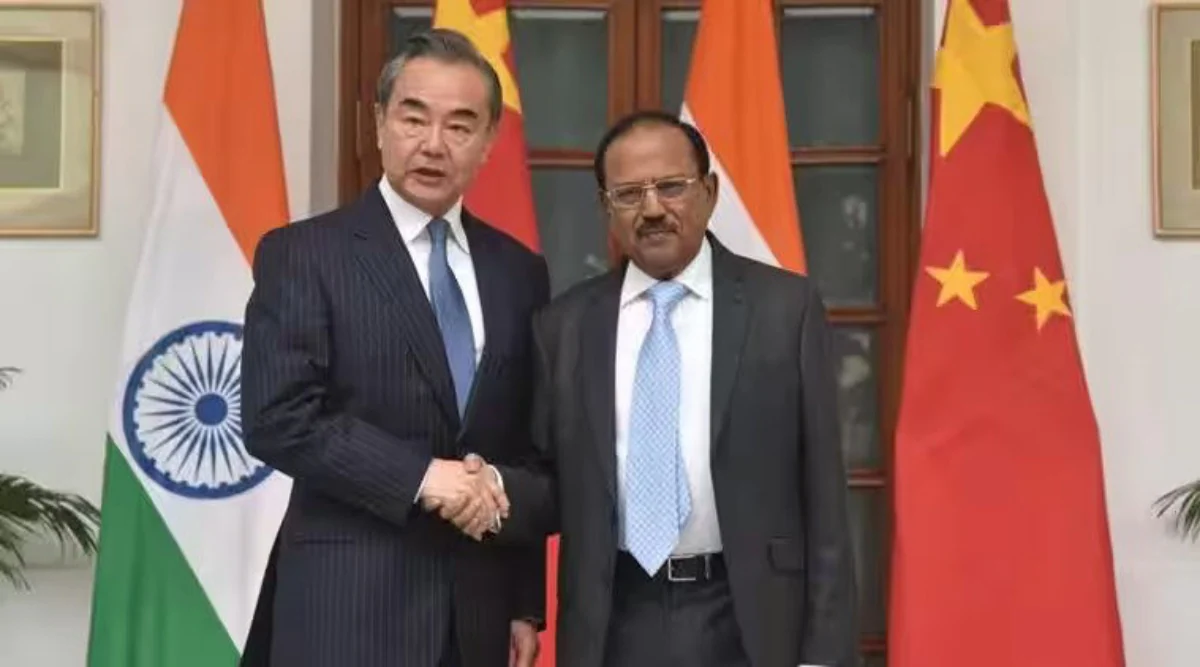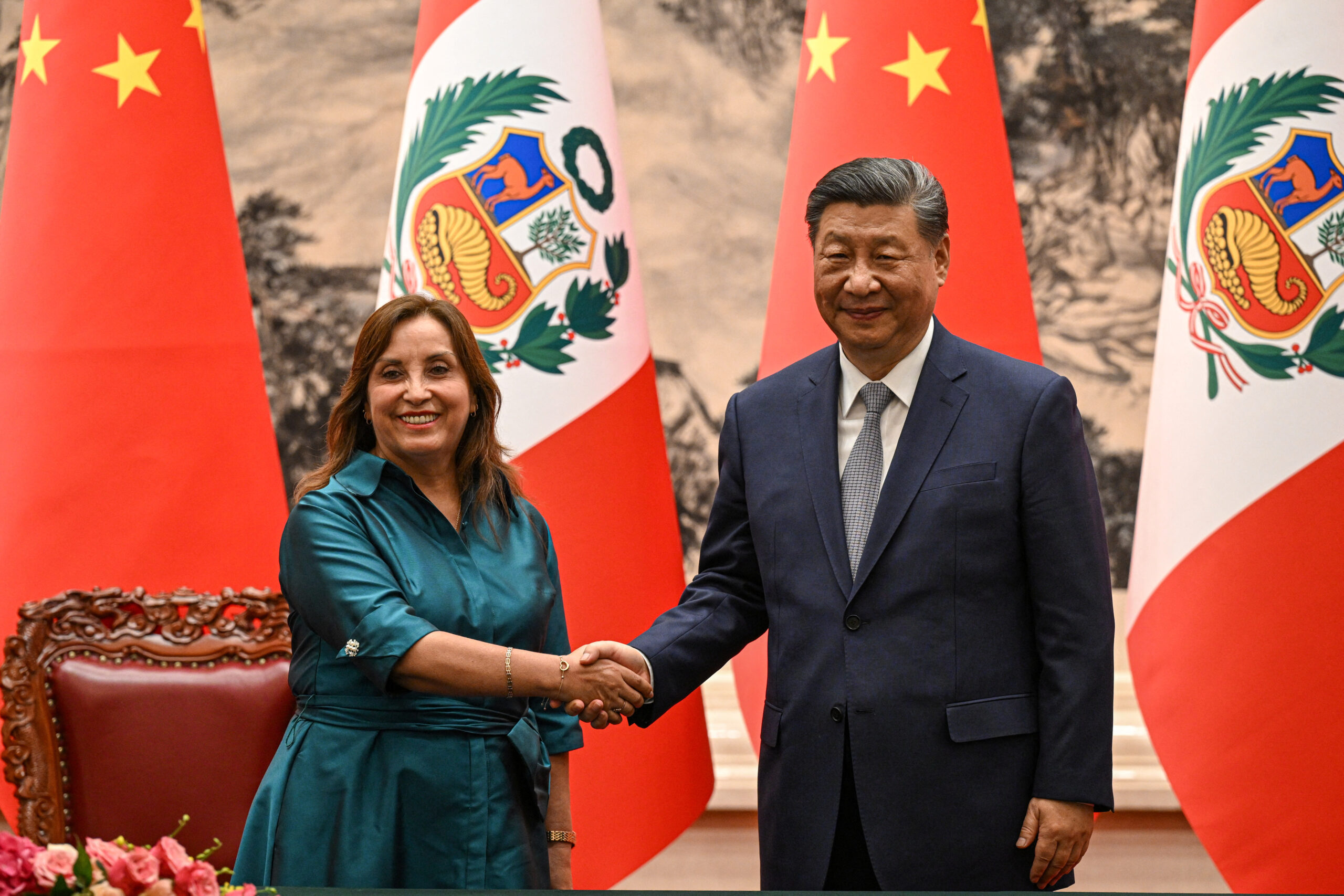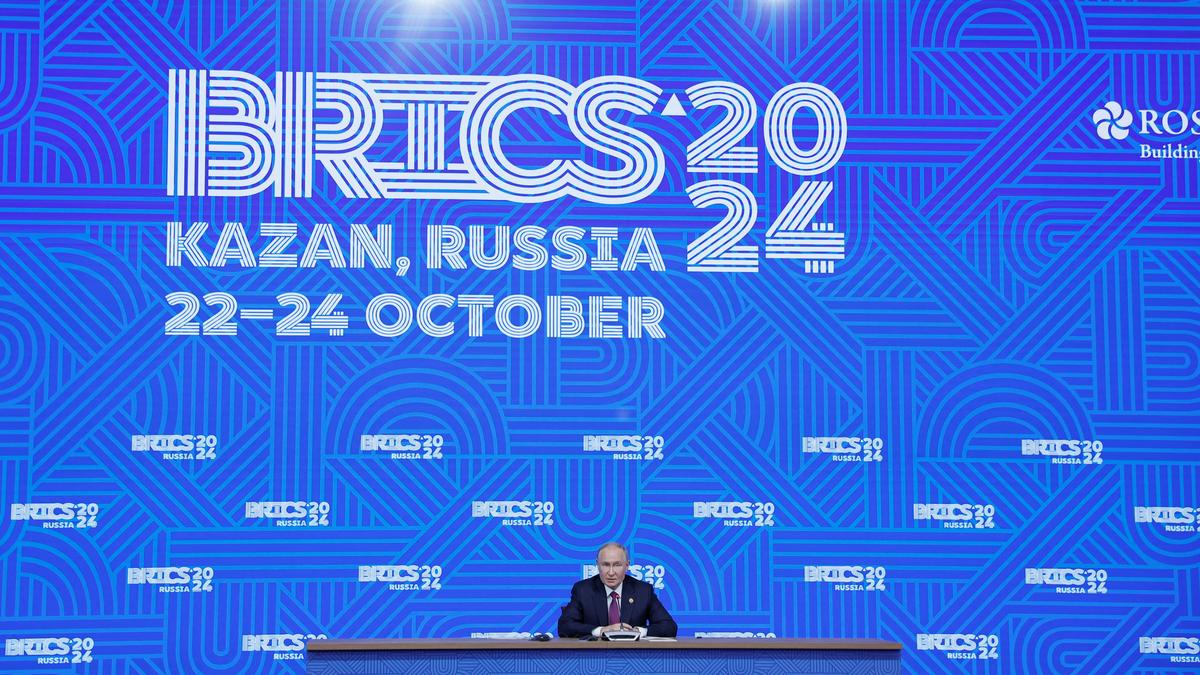Sri Lanka balances India and China
Sri Lanka is playing a balancing act as it manages its ties with India and China. It is heavily dependent on the two rival Asian giants for its economic revitalisation and future growth, but it must be strategic in its approach with both countries as it attempts to manage its foreign debt and ensure project sustainability while maintaining geopolitical neutrality.



